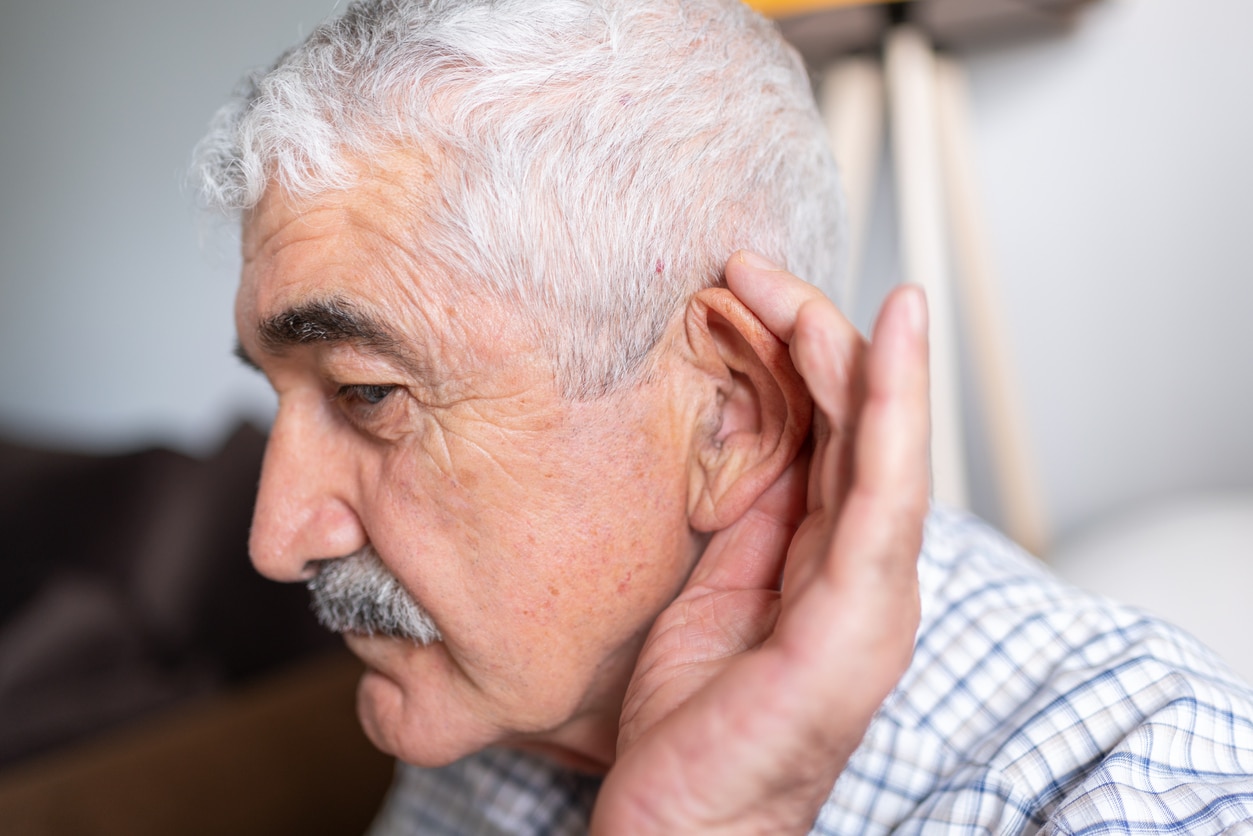If you have hearing loss, you may have noticed hearing children talk may seem more difficult. There’s a scientific reason for that, and if this sounds familiar to you, there are options available to aid your ability to hear.
If you’ve struggled to hear conversations at Pease Park, you may have high-frequency hearing loss, and you may want to consider getting your hearing checked.
High-Frequency Hearing Loss

High-frequency hearing loss is one of the most common forms of hearing loss. It can occur at any age but is most common among older adults. When it occurs in children, it may impact speech and language development.
It occurs when the hairs or nerve cells in the inner ear become damaged or missing. When the hairs and nerve cells become damaged or missing, they can’t send electrical signals to the brain, resulting in hearing loss.
Symptoms of high-frequency hearing loss include:
- You can hear but struggle to understand children’s and women’s voices.
- You can’t hear birds chirping.
- You struggle to understand words that start with th, f, s or h.
High-frequency hearing loss can be diagnosed with a hearing test. It is typically irreversible. Your hearing specialist can help you navigate how you manage your symptoms to ensure your best quality of life.
Management of High-Frequency Hearing Loss
Hearing aids are an excellent option for managing high-frequency hearing loss. The most helpful type is Receiver-In-the-Ear (RITE). This type of hearing aid is open to allow you to hear the lower-frequency sounds you can hear naturally. It assists with the other sounds, such as a child’s voice.
The hearing aids worn in the ear that are less visible don’t work as well for this form of hearing loss since they block the sounds you can already hear.
High-frequency hearing loss is preventable. Protect your hearing against exposure to loud noises. Keep the volume down on your devices and wear hearing protection in noisy environments. It is also important to routinely get your hearing checked, primarily if you work in a noisy environment or have hobbies with loud noise exposure.
Schedule an appointment with a hearing specialist at Austin Auditory Specialists to get any questions you may have answered or to schedule a hearing test.